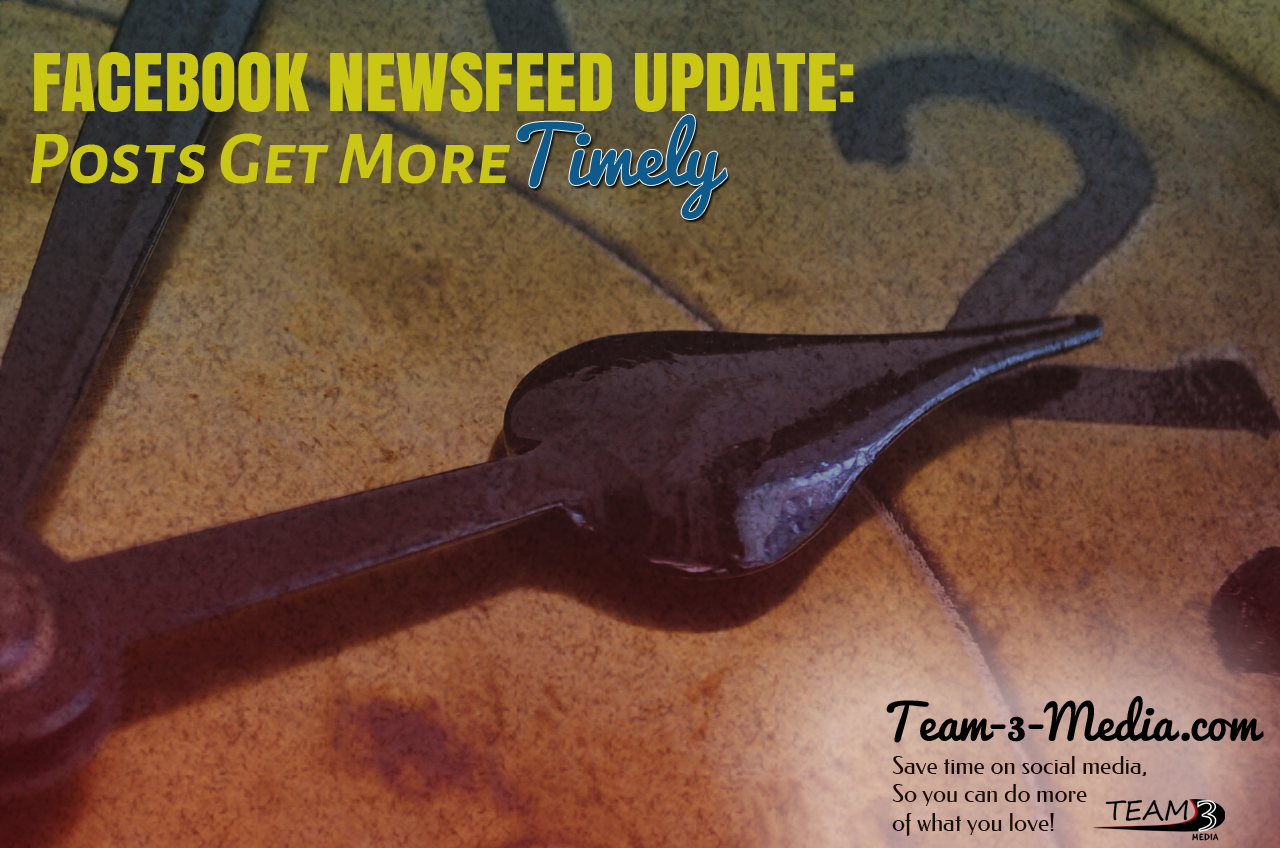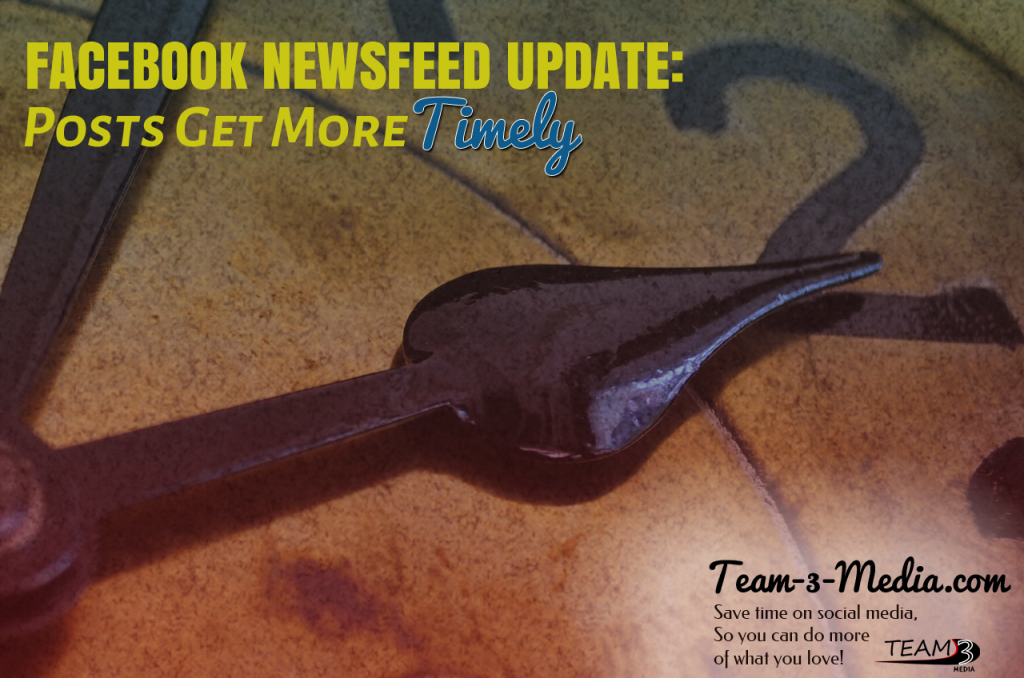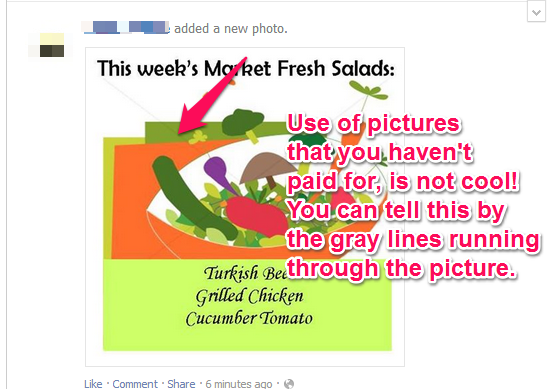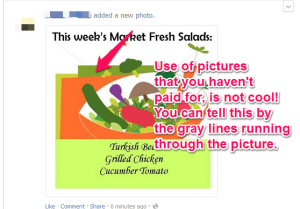 Facebook has updated its newsfeed again. But this time, it’s looking at posts in your newsfeed in a different way. Most of Facebook’s newsfeed updates revolve around what type of content shows up there. This time, however, Facebook is focusing on the timing of that content. Here’s an example. Let’s say that one of your friends graduates. They post their obligatory parent/graduate picture. It gets a ton of likes, comments, and shares within the first couple of hours. It might continue to get more engagement throughout the day and into the next. Sometimes, the engagement goes a little further, but not much. This particular post was very popular in and shortly after that moment, but not really later on. In other words, the timeliness of user’s behavior is starting to factor into how often and when Facebook shows posts in your newsfeed.
Facebook has updated its newsfeed again. But this time, it’s looking at posts in your newsfeed in a different way. Most of Facebook’s newsfeed updates revolve around what type of content shows up there. This time, however, Facebook is focusing on the timing of that content. Here’s an example. Let’s say that one of your friends graduates. They post their obligatory parent/graduate picture. It gets a ton of likes, comments, and shares within the first couple of hours. It might continue to get more engagement throughout the day and into the next. Sometimes, the engagement goes a little further, but not much. This particular post was very popular in and shortly after that moment, but not really later on. In other words, the timeliness of user’s behavior is starting to factor into how often and when Facebook shows posts in your newsfeed.
Trending Topics and What This Could Mean For Your Business
This “trending topics” update could also be good for businesses as well. Though I am (mostly) against “newsjacking”, that’s when a person or a business reports or comments on a story that has already broken, for the sake of putting out content, it has proven to generate traffic (and sometimes leads) if it’s related to your business. What could this change mean for your business on Facebook, though? If you post about something that is getting a lot of engagement right now, you could give your Facebook Page a temporary “boost”. This could be good news for those that are looking to increase the reach of their Facebook Page.
Don’t Screw it Up!
Tweet This: You may get more eyeballs on your content, but it might not be the right eyeballs





